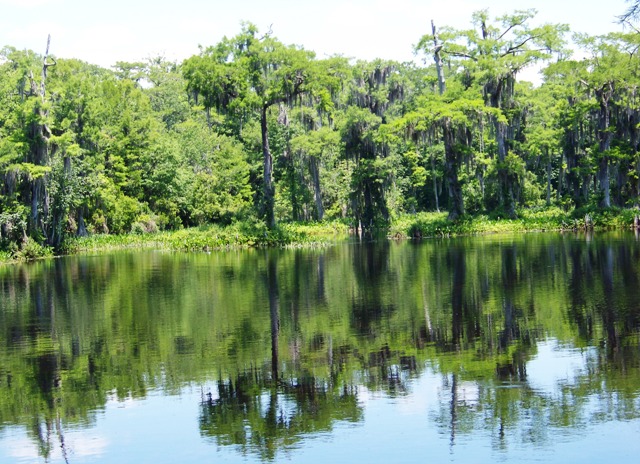Ours is to extend good manners to all life on this planet. Having good manners is synonymous with having a reverence for life. It means understanding that the energy of existence connects us all.
Edward Abbey said, “It is not enough to understand the natural world; the point is to defend and preserve it.”
And I would argue that it is ours to explore death in the natural world for it occurs there as a natural part of being alive. In the human species, killing occurs for myriad reasons, many of which have nothing to do with survival.
We act as if we are in control of this planet. We are not. It is not the natural world that needs us. We need it.
More and more, our outrage separates us from the reverence for life. That separation may very well be killing us and the planet.
We are not united in our outrage. Rather, we compare and contrast the act of killing animals with other senseless deaths of humans being killed on the streets where we live.
There is not time to mourn one life before another is taken. There is no outlet for our outrage.
At the core of this divisive anger is a lack of compassion, although compassion is at the core of every major religious tradition, as is the fragility and importance of each life on this planet.
We are not open to that reality. Rather, we are angry.
All of this outrage over which life is more relevant/important is like comparing apples and oranges. How can one death matter more than another, if we profess a reverence for life?
There is confusion of equality with equanimity because we do not examine why we keep ourselves separate from rather than connecting with reverence for life.
We prefer apples to be oranges and vice versa–on demand. They have a relationship as fruit yet they are not the same from the outside in or the inside out.
Each apple or orange has its own unique characteristics and to have the same expectations for both is to deny the life force as well as our connection to it. We are denying our own existence.
No matter how many times we say it, there is no comparison of one life with another for one life does not matter more than another. Such a comparison separates us.
In Buddhism, being separate from life is to believe we have a kind of “supremacy” over all life, as if we owned it. We do not. Our belief in this ownership is why we suffer: attachment, aversion, and indifference.
Our attachment to a certain way of life and our aversion to another way of life lead to a general indifference to death, until it touches us. We have no outlet for our outrage.
Anger fragments easily for fear drives it, and fear floats through us, powered by our own biases. We separate ourselves from what connects us, the life that animates us all.
We demand the natural world respect our human boundaries. Often, species extinction is the price. What does it say about us that we are willing to destroy the very world that sustains us?
It is our unfortunate history and legacy that we have never understood this from our earliest days on this planet.
Matthew Wright explores this point in his excellent essay, “Cecil the lion’s death highlights the fact that humanity is the scourge of a fragile Earth”:
“…we unerringly manage to destroy every environment we go into. All, I suspect, downstream of a survival technique that worked quite well when there were only a few thousand of us and all we had were stone tools and sticks. “
In another fine essay on controlling our lives, “Breaking Free,” Liz Beres offers a unique perception on living in the here and now: she offers that it requires “an incessant acceptance of permeable principles. “
With “permeable principles,” life is approached with equanimity for there is a respect for each and every life on this planet. There is an openness to reverence for life. We extend good manners.
These days, it is difficult not to be angry. Some days, I just cannot stop myself. However, I have learned that in hanging onto my anger, I will only give it life in other places, inadvertently or no.
I have done that too much in my past. I no longer want to separate myself from life. Not for one more moment. The price of anger is too high.
In maintaining a connection with all life, I have an outlet for my outrage. That may sound too simplistic. Maybe it is but I know it is difficult to do. Human history reveals that.
The natural world provides for our existence. We need it. It does not need us. Never has.
Not all the anger in the world will change that.




